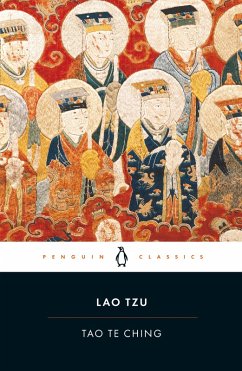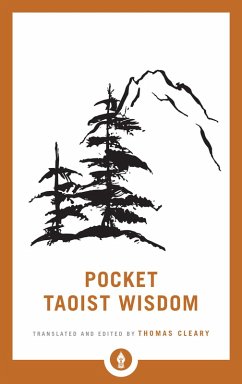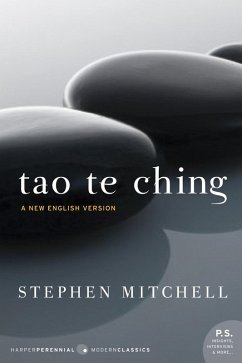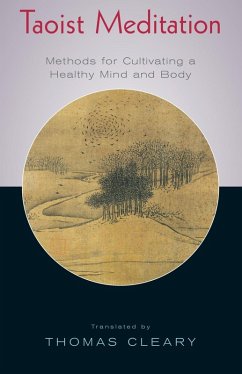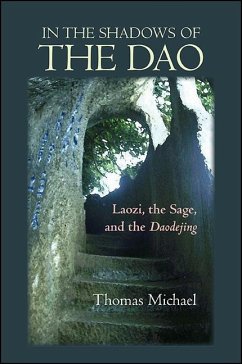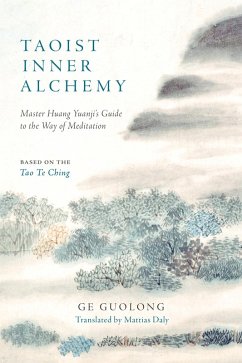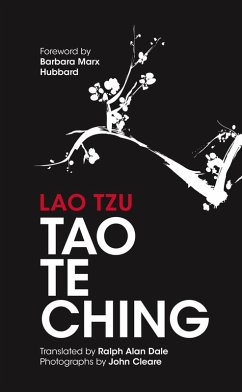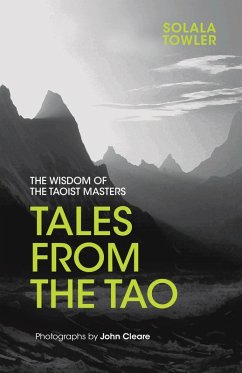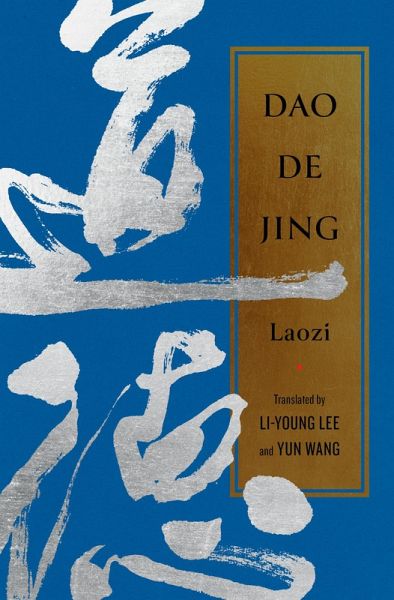
Dao De Jing (eBook, ePUB)

PAYBACK Punkte
7 °P sammeln!
A landmark translation of the timeless classic of Daoist wisdom, rendered in gorgeous poetry that illuminates its enduring teachings.This bold new translation by two brilliant poets offers a contemporary perspective on a timeless masterpiece of Daoist scripture, introducing Dao De Jing to a new audience while retaining the majesty of the Chinese original. Composed of eighty-one short poems written by the sage Laozi in 400 BC, Dao De Jing is one of the pillars of Chinese thought. Acclaimed poet Li-Young Lee and poet and scholar Yun Wang illuminate Dao De Jing as a unified work of art. This reve...
A landmark translation of the timeless classic of Daoist wisdom, rendered in gorgeous poetry that illuminates its enduring teachings.
This bold new translation by two brilliant poets offers a contemporary perspective on a timeless masterpiece of Daoist scripture, introducing Dao De Jing to a new audience while retaining the majesty of the Chinese original. Composed of eighty-one short poems written by the sage Laozi in 400 BC, Dao De Jing is one of the pillars of Chinese thought. Acclaimed poet Li-Young Lee and poet and scholar Yun Wang illuminate Dao De Jing as a unified work of art. This revelatory and faithful translationpresented alongside the original Chinese textreveals its enduring teachings in their profound simplicity, subtlety, and balance.
This bold new translation by two brilliant poets offers a contemporary perspective on a timeless masterpiece of Daoist scripture, introducing Dao De Jing to a new audience while retaining the majesty of the Chinese original. Composed of eighty-one short poems written by the sage Laozi in 400 BC, Dao De Jing is one of the pillars of Chinese thought. Acclaimed poet Li-Young Lee and poet and scholar Yun Wang illuminate Dao De Jing as a unified work of art. This revelatory and faithful translationpresented alongside the original Chinese textreveals its enduring teachings in their profound simplicity, subtlety, and balance.
Dieser Download kann aus rechtlichen Gründen nur mit Rechnungsadresse in A, D ausgeliefert werden.





